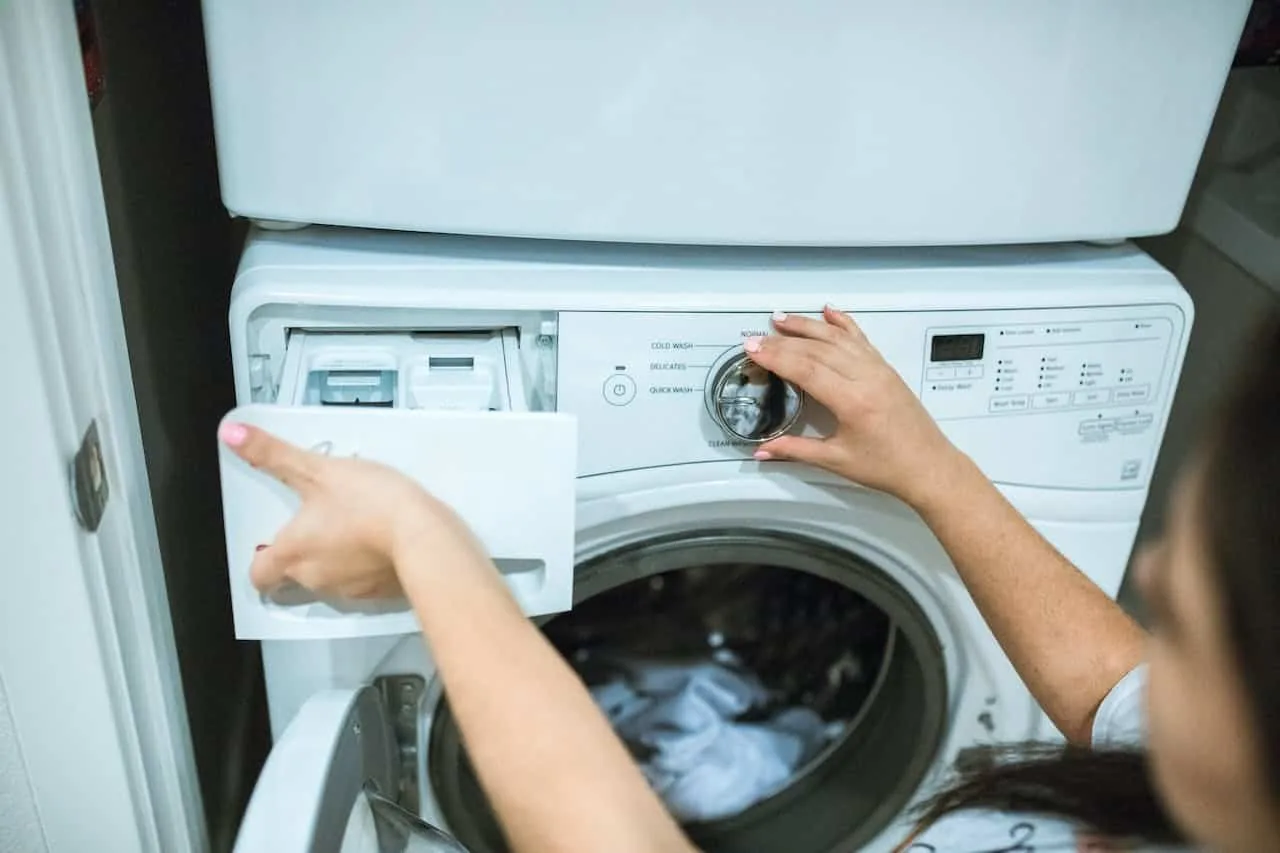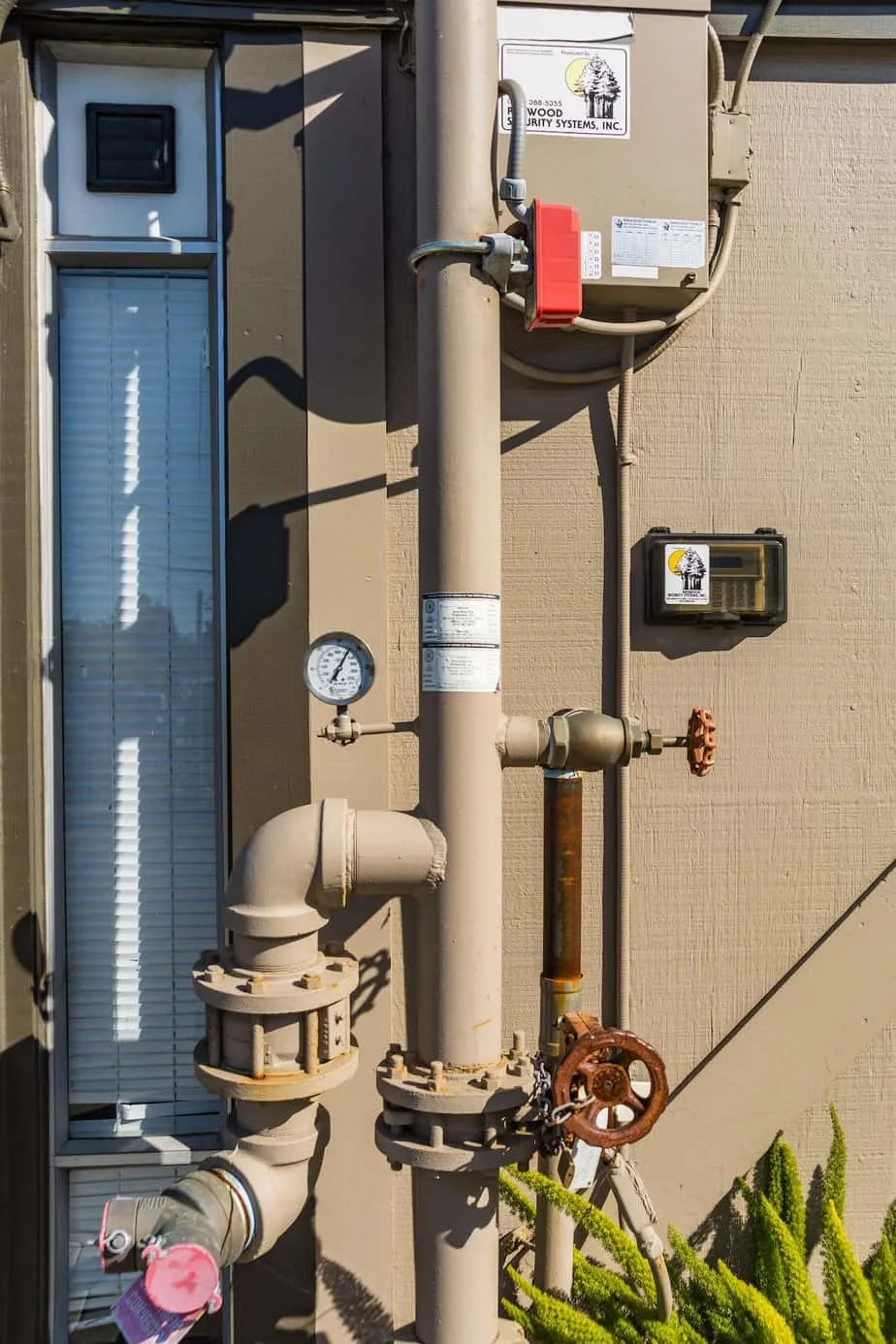
As much as the idea might be appealing, the fact is that it’s highly unlikely, and maybe even impossible, to have a completely silent home. Even if you live by yourself, there’s going to be some kind of noise going on, whether it’s your plumbing, your HVAC unit, or even the traffic going by outside. And if you live with other people, then getting any real peace and quiet is a challenge, to say the least.
The thing is that these sounds and many others we haven’t mentioned are perfectly normal, especially if you have an older home. They are so normal that you may not even notice them anymore, if you ever noticed them in the first place. They’re just part of living somewhere, and they’re really nothing to worry about.
However, that’s what makes strange noises so much more worrying. If you hear something that’s out of the ordinary and doesn’t have a place in the usual soundscape of your home, you’ll need to do something about it - but what? Read on to find out.
Work Out The Source
Before you can do anything about the strange noise you’ve heard in your home, you need to work out what it is and where it’s coming from - until you do that, you’re not going to have a clue about the next steps to take. And don’t worry; whether you’re a believer or a skeptic when it comes to the paranormal, there’s going to be a fairly mundane reason (and solution) to every sound, even if it takes a while to work it out. Here are some of the most common culprits to consider.
Structural Settling
Houses might seem big and solid and as though they’re not going to go anywhere or move, but the reality is that over time, things can change, and houses do something called ‘settling’. That really means that the property is moving around a little bit until it finds it footing and can stay still - and it’s something that happens to all properties. If you have an old house, it probably makes more noise than a newer house, but that's not alway the case.
While the house is moving, the structure itself can crack and pop, so those strange creaks and groans you hear could well be the house itself, essentially getting comfortable. You’ll notice it more when the temperature changes or there’s a lot of humidity in the air, as that can make a structure move more. Cold air and warm days can vary greatly in what temperature does to a frame of the house.
Plumbing Issues
Your plumbing is an essential part of your home, but it’s also something that can become very noisy when there’s something wrong with it, and it could definitely be the reason you’re hearing strange noises. Noisy water pipes can be caused by all kinds of things, from an increase in water pressure (known as a water hammer) to loose pipes to a mineral buildup. All of these things can make the pipes move more than normal, or cause the water in them to bang against the sides of the pipes, which you’ll be able to hear.
If the noise that you hear is is caused by a faulty toilet flapper, that is usually an easy fix, but dripping sounds should be thoroughly investigated promptly.
A noisy hot water heater also takes some getting used to, but usually noises are just a sign that the unit is functioning as it is supposed to.
HVAC System
Your heating, ventilation, and air conditioner (HVAC) system is another thing in your home that can start to get noisy if there’s a problem with it or if it’s just getting old. Most of the time you won’t notice the noises it makes when it’s working, as they’ll just be relatively quiet clicks and pops, so when it starts to make a banging noise and rattling noises, you’ll know there’s a problem with it that should be dealt with sooner rather than later, whether it’s the noise you want to stop or you want to have more efficient heating and cooling. In such cases, it’s wise to get HVAC services to address the issue and ensure your system runs smoothly. A service technician is always a good idea when it comes to HVAC.

Photo by RDNE Stock project
Appliances
If the strange sounds only come when you’re using certain appliances around the house, then you’ve probably solved the mystery quite easily. Fridges, dishwashers, washing machines, and so on have to be installed properly otherwise they’re going to move around and make noise - plus, as with many of the things on this list, once an appliance starts to go wrong it’s definitely going to let you know about it!
Pests
This one isn’t such an easy thing to spot, and it’s probably the least pleasant potential cause of noise on the list, but it’s got to be mentioned, and you’ll need to check it out because it’s a big cause of strange noises in your home - we’re talking about pests. Pests come in all shapes and sizes, and include various rodents and insects. If they’re living in your walls, ceiling, or crawl spaces, those sounds you’re hearing could be them scurrying about or, worse, chewing your home’s structure, your wires, or your pipework.
There could also be a wild animal trapped in your walls or attic. Definitely get up in the attic with a flashlight to see if you can find evidence of mice as a starting point, if these are the noises that you hear.
Now that you have a good idea of what those strange noises could be (and these are only some potential causes), you can work out what to do about them - here are some places to start.
Dealing With Strange Noises
One good idea that can help when it comes to dealing with and odd noise in your home is to start by making a note of the sounds - note the time of day you hear them, what they sound like, where they’re coming from, and even the cause if you can find it. If you need experts to help you fix the issue, having this information to hand can ensure they know what you need and can do the job you want them to quickly and efficiently.
Next, if you know what the problem is and where it’s coming from, you can investigate. Be careful when you’re doing this because you don’t want to make the situation worse - and that’s a very real possibility, especially if you’re dealing with plumbing problems or electrical issues.
If you find the problem and it’s a small thing like a loose pipe or loose floorboard, for example, you should be able to put it right there and then, and solve the problem immediately. In fact, that’s the best thing you can do - don’t find the issue and then tell yourself you’ll fix it another day, as that other day could be months and months away. Do it as soon as you can and you can forget all about it and just enjoy your home. So what should you be looking out for?
Inspect Your HVAC System
If you think it’s the HVAC system in your home that’s the cause of the noise, take a look at all the different parts, like the air filters, ductwork, and the vents. It could be that something’s damaged or perhaps there’s an obstruction, and removing the obstruction and fixing the damage is all that’s needed. Of course, that might sound easy, but it’s not always a simple task, which is why it could be worth scheduling an appointment with an expert, including experts in heat pump repair. In fact, even if you can fix the issue, getting your HVAC system serviced isn’t a bad idea, and it could solve future issues before they even start. Just always make sure to replace your dirty filter.

Photo by Robert So
Check The Plumbing
As we’ve mentioned, your plumbing can be a massive issue when it comes to strange noises in your home, so this could be a good place to start looking - and potentially end your search too if it’s the reason behind everything. Look for leaks and excess water, a busted pipe, loose connections, signs of corrosion, and so on - anything that looks out of the ordinary is out of the ordinary, and could be the cause of the noise.
You can install pressure-reducing valves and tighten up connections and pipes (being careful not to tighten them too much, as that can lead to more problems), but if the entire system (or even just a small part) needs to be replaced, a plumber is your best bet. Water damage is no joke, and a mistake when you’re dealing with plumbing can lead to a bigger problem - water damage and mold that will take longer to deal with and cost more too.
Inspect Appliances
For noisy appliances, it’s not a bad idea to look at the instruction booklet that came with them (assuming you still have it - if not, you might be able to find it online or contact the manufacturer to get a new one) because you might find some useful troubleshooting tips inside for exactly the noisy situation you find yourself in.
If the appliance is still under warranty, you might be able to get free repairs done or even a replacement if there’s a big problem. If not, and if the appliance is old and can’t be fixed, getting a new one might be the only option. If that’s the route you go down, make sure you buy the most energy-efficient model you can, as it won’t just save you money, but will help save the planet too.
Seal Entry Points
Those pests really can be a pain, and if they’re the problem, you’ll have to get rid of them - often, it’s best to hire a pest removal expert as they’ll know exactly what to do and what equipment to use. However, after you’ve removed the pests from your home, you’re not going to want any more to come in, so it’s important to seal the entry points. That means sealing the gaps around doors and windows, for example, and using proper caulk to do the job. You can also add weatherstripping or even mesh screens (they can be ideal if you want to have the windows open but don’t want bugs getting inside, for example).
In the end, hearing strange house noises isn’t right and does need to be dealt with, so start working out what the issue is and stop hearing those noises, which are especially annoying in the middle of the night. If you have a bigger issue, such as strange whistling, sound of footsteps, a groaning noise, or other odd sounds, you may want to get a paranormal investigator or better yet, just move!
Good luck locating the cause of that pesky house noise!
